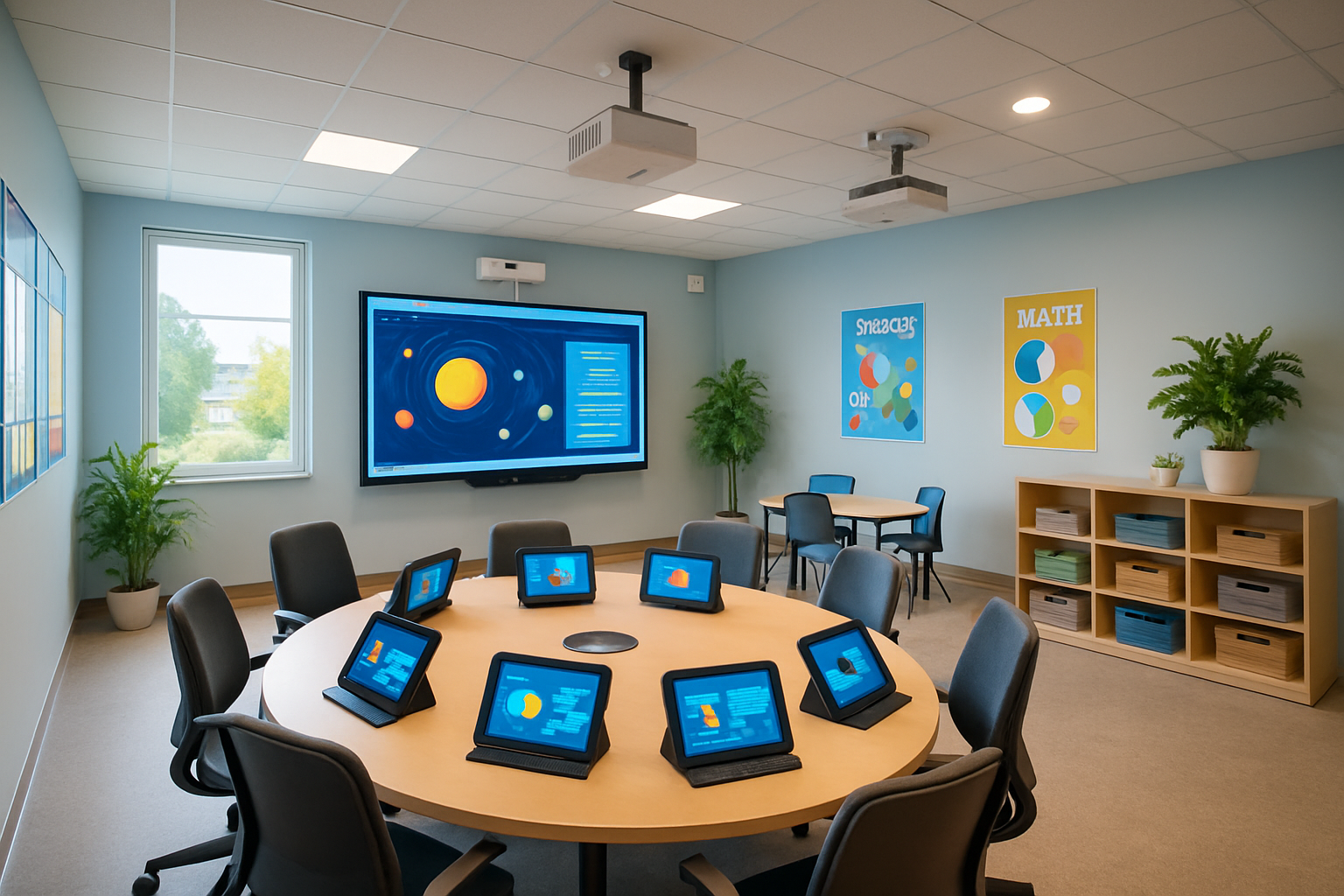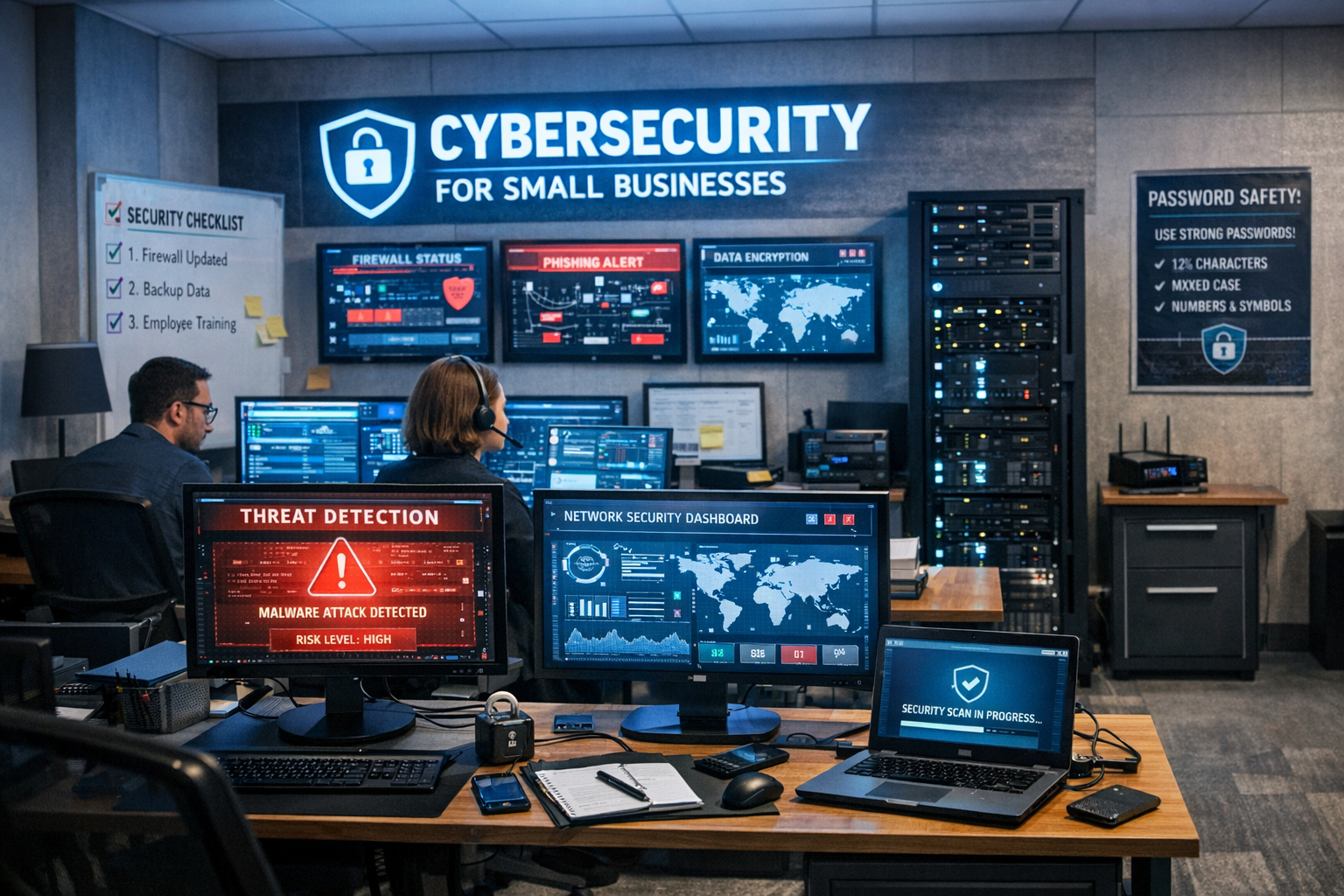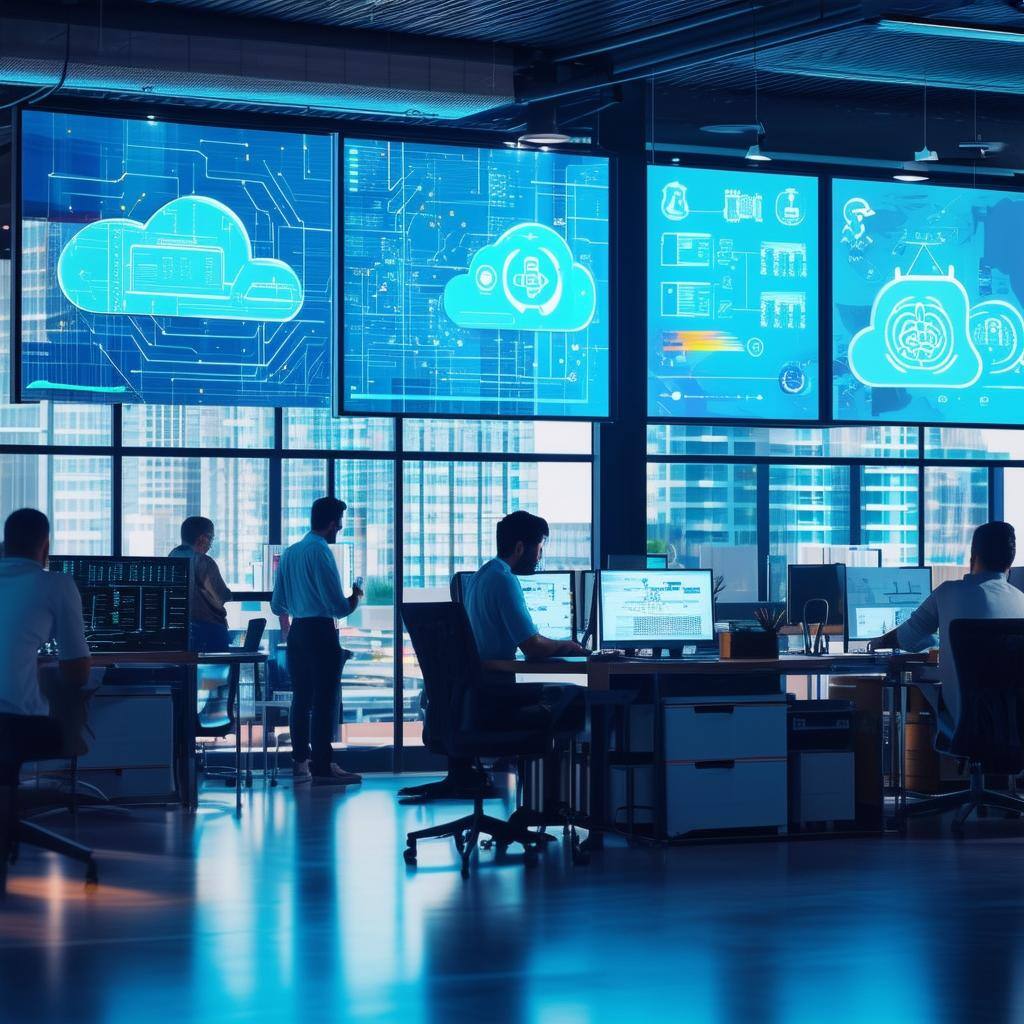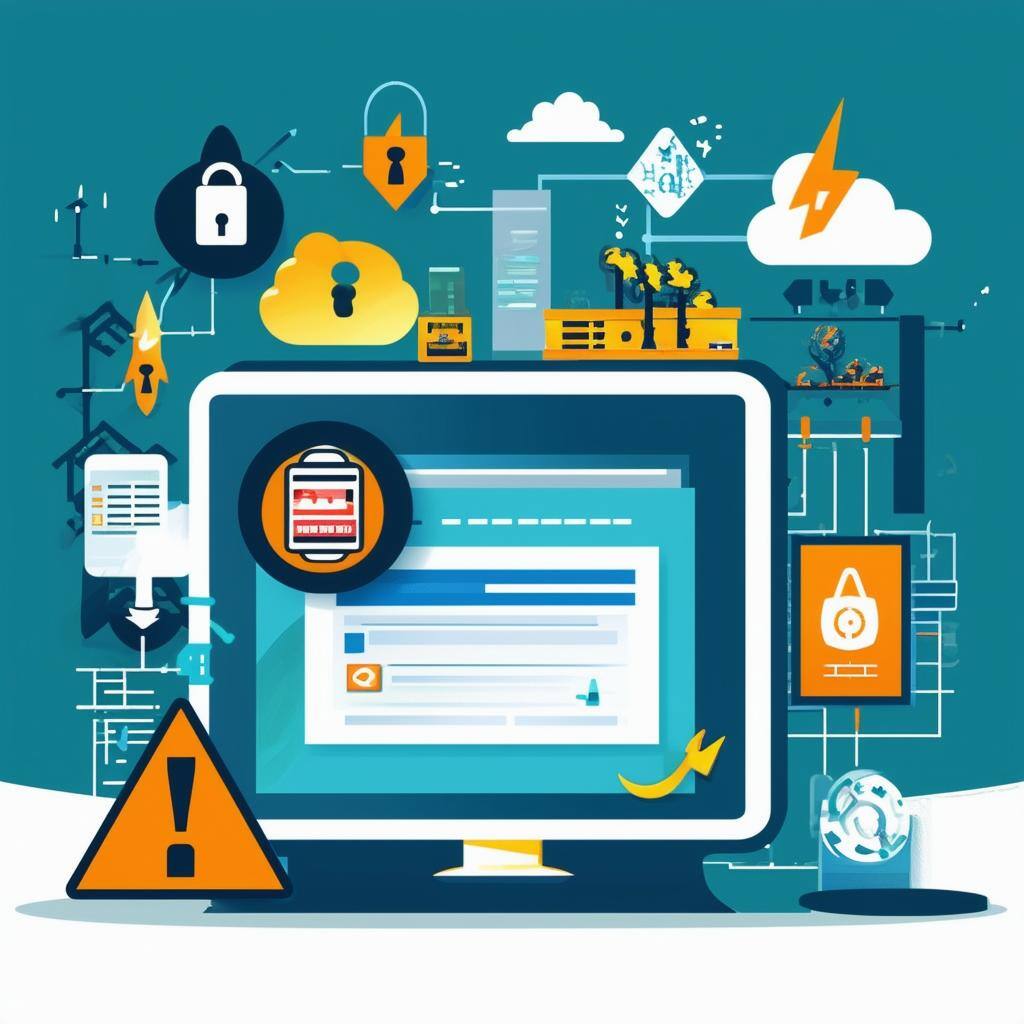As you settle into your new routine of working from your home office kitchen table,there are a few things you need to consider. Today, we discuss the IT security implications you need to be aware of when working remotely.
Passwords to help increase your security
Passwords are as important,if not more important, now than they have ever been. Strong, individual passwords help to protect all your accounts. Using one password, or similar passwords increases the risk of you becoming a victim of cybercrime. If one password is compromised the criminal will then have access to your other accounts using the same password, such as your online banking.
Remote working could mean that your connection isn’t as secure as when in the office, so be sure to change your passwords regularly and never use the same password for all your accounts. If you struggle to remember all your passwords, you can use a password manager tool but do your research and ensure the tool you use is secure and safe.
Device and connection encryption to keep you safe
Working remotely is likely to increase the amount of sensitive data you need to send electronically to team members or clients. Using encryption is a good way to keep your data safe. Check if your company provides a secure method of communication. There are a number of mainstream messaging services, such as WhatsApp, that use end-to-end encryption and can prove very useful when working from home.
Device and connection encryption to keep you safe
Working remotely is likely to increase the amount of sensitive data you need to send electronically to team members or clients. Using encryption is a good way to keep your data safe. Check if your company provides a secure method of communication. There are a number of mainstream messaging services, such as WhatsApp, that use end-to-end encryption and can prove very useful when working from home.
Don't forget your update installs
Updates to your devices and the software you use can be annoying, but they are essential to keep your devices safe. New installs can often include updates to security vulnerabilities found since the last update, and therefore essential to keeping your devices and data safe when working remotely.
If you’re worried about the downtime when installing an update, you can often schedule these to run at night when you’re asleep, meaning no downtime at all.
Links, spam and where you shouldn’t be clicking
As always, make sure you are aware of the links you’re clicking on and their origin. Phishing emails, text messages and even voicemails are used by cyber criminals to collect sensitive information.
Cybercriminals are targeting remote workers in a bid to steal their personal information or company accounts. As people work remotely and are more isolated, it is less likely they will discuss a possible intrusion with a colleague and may be more likely to click on a phishing link.
Make sure you check the sender if you’re suspicious of the email. Often the email address or the subject will have spelling or grammatical errors –something to look out for. If in any doubt, don’t click the link and contact the sender via phone or email found on their company website.
If you do click the link and end up on a legitimate-looking website, make sure you check for vital security signs such as an active SSL certificate, misspelt domain names, poor spelling and or grammar. The lack of an ‘about us’ page or contact information missing can also be a good indication of a non-legitimate website.
GDPR compliance when remote working
The rules and regulations of GDPR still apply now your work has shifted to remote rather than office-based. Be sure to follow your company’s privacy and data collection and storage policy when processing any sensitive data.
Remote working can lead to an increase in documents being shared –be sure to comply with the rules of GDPR when sharing these documents with employees, clients and colleagues alike.
How safe are your programmes and applications?
During this period of uncertainty and extended remote working, you may be asked to use more new programmes to aid with communication or project working. Be sure to check the security credentials of any new program or application before downloading it to your device. If you’re unsure, search the programme or application and read the reviews before you install.
If you’re worried about the security implications that may affect you now you’re working from home, get in touch with the Remedian team who will be able to help with any concerns.

.png?width=150&height=64&name=output-onlinepngtools%20(2).png)
.png?width=229&height=97&name=output-onlinepngtools%20(2).png)







